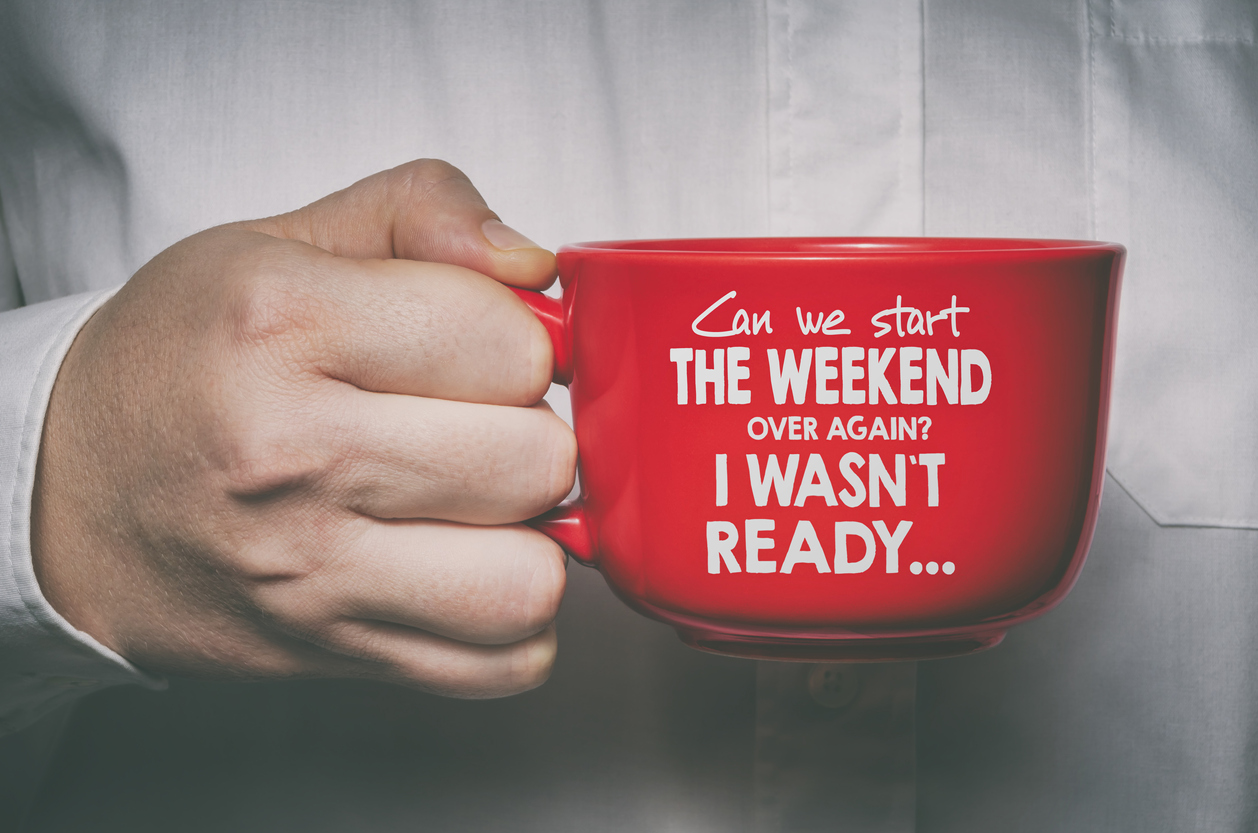In their latest public nose-thumbing at the employers that create jobs, the Seattle City Council near unanimously (7-1) voted to impose a new “soda” tax on sweetened beverages sold in the city.
Although dubbed the “soda” tax, it isn’t just Coke and Pepsi drinkers that will be paying more. A variety of sweetened bottled drinks are included, including sports and energy drinks such as Red Bull and Gatorade, fruit drinks such as Sunny D and sweetened teas such as those sold by Arizona, and bottled coffees like the ones sold by Starbucks. Less clear is how the tax will be applied to made-to-order sweetened beverages, such as the coffee-house lattes and cappuccinos that have made Seattle famous. Adding to the confusion is the provision exempting milk-based drinks from the tax entirely. So a sugar-laden milk-shake is exempt from the sugar tax.
One nuance of the new tax sure to vex business owners is that diet drinks are not subject to the new tax. So while the price of a 5-gallon box of the soda syrup used in soda fountain machines will nearly double, the price for the same size box of diet soda will stay the same. Restaurant owners must now decide whether to charge more for both drinks, or just for the sugar-sweetened beverage. As one restaurant owner noted, “It seems kind of weird for me to charge a lot less for a diet than it does for a regular soda.”
The 1.75 cents per ounce tax is expected to generate from $16 to $23 million annually for the city that will be used to fund healthy food and education programs. Ironically, some of the money raised by the tax has been earmarked for job retraining and placement programs for workers who lose their job because of the tax.
Demonstrating just how broad opposition to the new soda tax has been, a rare alliance was created when the Seattle Metropolitan Chamber of Commerce teamed up with the M.L. King County Labor Council to oppose it. Both groups say the new tax will hurt small businesses and kill jobs in the beverage industry, many of which are union.
They are right to be worried. Seattle City Councilmember Mike O’Brien says the goal of the soda tax is to reduce demand for such beverages: “…the point of the [soda] tax is I do want people to consume less sugar." If fewer people are buying these beverages, then fewer workers are needed to product them (hence the job retraining fund earmarked in the tax).
That is exactly what has happened in Philadelphia, which levies a 1.5 cents per ounce tax on sweetened beverages (that’s lower than what just passed in Seattle). The cost of a case of soda has increased by $4.32 in that city. A gallon of tea increased from $2.79 to $4.71 and an eight-pack of Gatorade jumped from $5.99 to $8.39. Consumers are angry about the higher prices and are buying less of the products than they used to.
One family-owned soda company in Philadelphia, which has been in business for 200 years and produces the nation’s first soda, says they have lost so much business they may have to shut down.
Here in Seattle, Jones Soda Company says the new tax now makes Seattle less business friendly than Canada, where the company used to be headquartered. Jones Soda left Vancouver, B.C. in 2000 because of that city’s “anti-business type policies.” Now the CEO of Jones Soda says, “It would be better if we were in Canada right now than in Seattle. That’s a shocking statement, but it’s true.”
The Jones Soda CEO says Seattle’s new tax “represents a general anti-business sentiment” from city hall:
“Here in Seattle, I love this city. It’s so innovative and I respect so many businesses here. I wish the mayor and the council members could get innovative themselves and create something that wasn’t so anti-business and didn’t consider the small businesses here in Seattle.”
This has become a common refrain amongst employers in Seattle's business community. The businesses community has repeatedly complained about the disconnect between City Hall and businesses, saying the mayor and the city council are unresponsive to their concerns that Seattle is becoming increasingly hostile to employers. A recent poll by The Puget Sound Business Journal revealed 92% of the 660 reader respondents do not think Seattle’s mayor and the City Council are responsive to the business community’s needs.
Mayor Murray has countered such complaints by arguing “the business community has never really come up with what the business community wants.” In the case of the new soda tax, the business community made it pretty clear what they wanted (or rather did not want), even partnering with labor unions to deliver that message. Once again that message fell on deaf ears.





